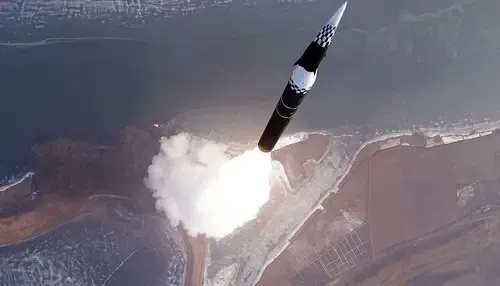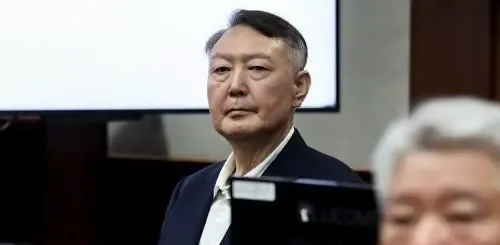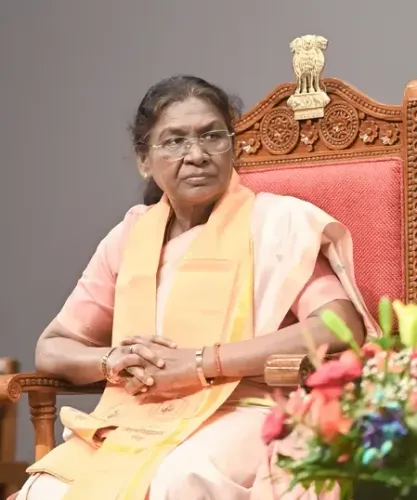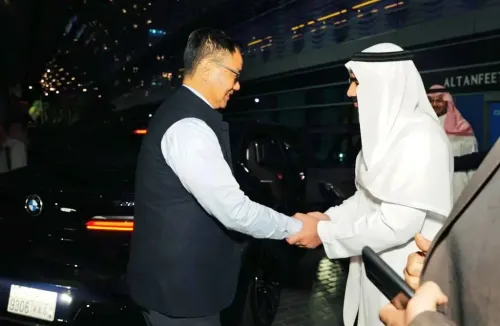Will India’s Call for Zero Tolerance Against Terrorism Be Heeded? EAM Jaishankar Ahead of Key SCO Meeting
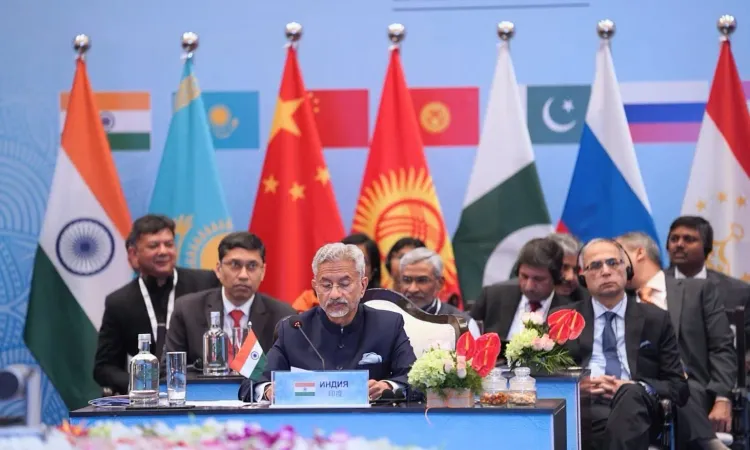
Synopsis
Key Takeaways
- India emphasizes the need for zero tolerance against terrorism at the SCO meeting.
- The SCO's primary goal includes combating terrorism, separatism, and extremism.
- Past meetings have faced challenges due to differing views on terrorism.
- India seeks a united front from SCO members to tackle terrorist threats.
- National Security Advisor Ajit Doval stresses the urgency of decisive action against UN-designated terrorists.
Beijing, July 14 (NationPress) A day prior to the Shanghai Cooperation Organisation (SCO) Council of Foreign Ministers' Meeting (CFM) in Tianjin, External Affairs Minister (EAM) S. Jaishankar emphasized that the primary objective of the group is to combat terrorism, separatism, and extremism.
"Tomorrow, we will convene in the SCO format, whose primary objective is to address terrorism, separatism, and extremism. This mutual concern is significant, and India anticipates that zero tolerance for terrorism will be firmly upheld," the EAM remarked during initial discussions with Chinese Foreign Minister Wang Yi.
Last month, the SCO Defence Ministers' Meeting in Qingdao failed to produce a Joint Statement due to India's concerns about terrorism not being adequately represented in the document.
Defence Minister Rajnath Singh, who participated in the meeting, outlined India's evolving strategy against terrorism and urged member nations to come together to eradicate this threat for collective safety and security.
"I understand that a Joint Statement could not be adopted. It appears that member countries could not achieve consensus on certain topics, preventing the finalization of the document. India sought to have our concerns regarding terrorism included, which was not agreeable to one specific nation, leading to the document's non-adoption," stated Randhir Jaiswal, spokesperson for the Ministry of External Affairs (MEA), during a media briefing in New Delhi on June 26.
On June 24, while addressing the horrific Pahalgam terror attack and India's subsequent Operation Sindoor aimed at dismantling terrorist infrastructure across the border, National Security Advisor Ajit Doval highlighted the urgent need to abandon double standards in the fight against terrorism and to take decisive action against UN-designated terrorists and organizations.
Speaking at the 20th meeting of the Security Council Secretaries of SCO Member States in Beijing, NSA Doval expressed India's deep concern regarding the ongoing threat posed by terrorist groups recognized by the United Nations Security Council (UNSC), including Lashkar-e-Taiba (LeT) and Jaish-e-Mohammed (JeM), two notorious state-backed terror organizations operating from Pakistan, as well as Al Qaeda, ISIS, and their affiliates.
In his remarks, he underscored the necessity to eliminate double standards in the anti-terrorism effort and to take strong measures against UN-proscribed terrorists such as LeT, JeM, and their proxies, dismantling their terror networks.
Reaffirming that any act of terror, including cross-border terrorism, constitutes a crime against humanity, India urged SCO members to hold accountable those responsible for instigating, financing, and sponsoring acts of cross-border terrorism, and to assist in bringing them to justice.
During his visit, NSA Doval also engaged in discussions with Chinese Foreign Minister Wang Yi, who is a Member of the Political Bureau of the Central Committee of the Communist Party of China (CPC).

